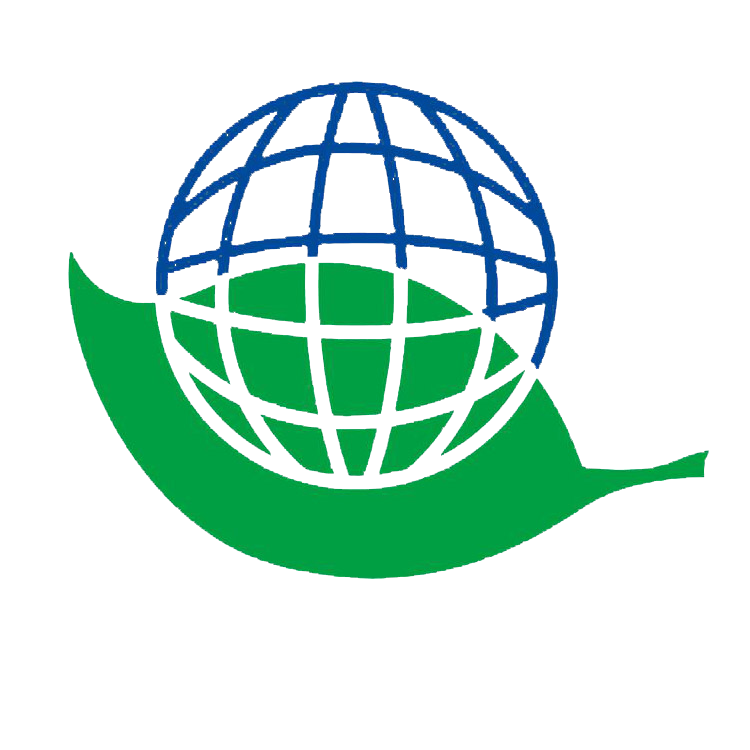Mainly used in the inorganic industry, it is the basic raw material for du to manufacture various potassium salts or alkalis, such as potassium hydroxide, dao potassium sulfate, potassium nitrate, potassium chloride, potassium shu, etc. In the pharmaceutical industry, it is used as a diuretic and medicine for preventing and treating potassium deficiency. The dye industry is used to produce G salt, reactive dyes, etc. Agriculture is a kind of potash fertilizer. Its fertilizer effect is fast, and it can be directly applied to the farmland, which can increase the moisture of the lower layer of the soil and have the effect of drought resistance. However, it is not suitable to be used in saline soil and to tobacco, sweet potato, sugar beet and other crops. Potassium chloride has a taste similar to sodium chloride (bitterness), and is also used as an additive for low-sodium salt or mineral water. In addition, it is also used to manufacture muzzle or muzzle flame suppressant, steel heat treatment agent, and for photography. It can also be used in medicine, scientific applications, and food processing. Potassium chloride can also be used to replace sodium chloride in table salt to reduce the possibility of high blood pressure.
Potassium chloride injection bai injection: 1) Treatment of hypokalemia caused by various reasons, such as insufficient food, vomiting, severe diarrhea, application of potassium diuretics, and hypokalemic family periodicity Paralysis, long-term use of glucocorticoids, and hypokalemia caused by hypertonic glucose supplementation. (2) Prevent hypokalemia. When the patient has potassium loss, especially if hypokalemia is harmful to the patient (such as patients taking digitalis drugs), preventive potassium supplementation is required, such as eating Rare, severe or chronic diarrhea, long-term use of adrenal cortex hormones, potassium-deficient nephropathy, Bartter syndrome, etc. (3) Digitalis poisoning causes frequent, multi-source premature beats or tachyarrhythmias.
Potassium chloride: It is mainly used in industry to produce other potassium salts, such as potassium hydroxide, potassium carbonate, potassium nitrate, potassium sulfate, potassium chlorate, and dihydrogen phosphate
Potassium, potassium permanganate, etc., are also widely used in the petroleum industry, rubber industry and electroplating industry as a diuretic and salt substitute in medicine and hygiene.
In the electrolysis of magnesium chloride to produce metallic magnesium, it is often used as one of the electrolyte components.
In agriculture, it is widely used as base fertilizer and top dressing for agricultural crops and cash crops. Potassium chloride is one of the three elements of chemical fertilizer. It promotes planting
The formation of protein and carbohydrates enhances the ability to resist lodging. It is a key element to improve the quality of agricultural products.
The role of nitrogen, phosphorus and other nutrients in the substance.
Potassium chloride is a quick-acting potassium fertilizer with a neutral chemical bai and a physiological acid du. This fertilizer is the most suitable for rice, wheat, cotton, corn, sorghum and other field crops; it is also more suitable for neutral lime Sex soil. It can mainly supplement the potassium element of plants. Among the three elements of nitrogen, phosphorus and potassium, potassium can mainly promote the rigidity and strength of the flowering and fruiting of plants and the growth of branches and leaves, as well as the disease resistance of plants.
If crops lack potassium fertilizer, they will suffer from “schizophrenia” and tend to fall down. Potassium is often called “quality element”. Its main effects on the quality of crop products are:
①It can promote better utilization of nitrogen by crops, increase protein content, and promote the production of sugar and starch;
②Enlarge the nucleolus, seeds, fruits, tubers and roots with beautiful shape and color;
③Increase the oil content of oil crops and increase the vitamin C content in fruits;
④Accelerate the maturity of fruits, vegetables and other crops, and make the maturity period more consistent;
⑤Enhance the product’s resistance to bumps and natural decay, and extend the storage and transportation period;
⑥Increase the strength, length, fineness, and color purity of cotton and hemp crop fibers.
Potassium can improve crop resistance, such as drought resistance, cold resistance, lodging resistance, and resistance to pests and diseases.
Harm of excessive application of potassium fertilizer:
Excessive application of potassium will not only waste precious resources, but also decrease the absorption of calcium, magnesium and other cations by crops, causing leafy vegetables “corrosion” and apple “bitter pock”.
Excessive application of potassium fertilizer will cause soil environmental pollution and water pollution;
Excessive application of potash fertilizer will weaken crop production capacity.
Post time: Jun-25-2025

